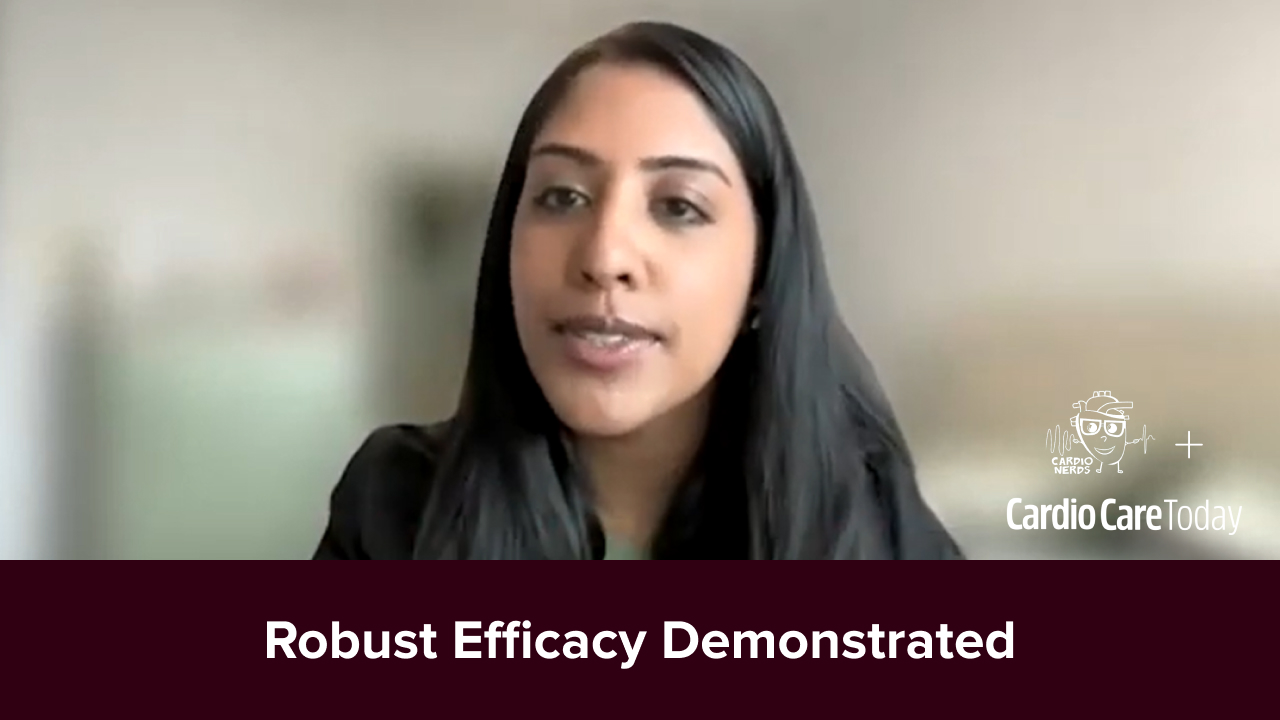
The following article was written by Dr. Devesh Rai as a CardioNerds Conference Scholar for The American Society for Preventive Cardiology (ASPC) 2022 Congress on Cardiovascular Disease Prevention.
The 2021 American Society of Preventive Cardiology (ASPC) conference’s key takeaways were the ABCs of cardiovascular disease prevention. Building on last year’s takeaways, the opening session and honorary fellowship for the ASPC 2022 Congress was awarded to Dr. Pamela Douglas, the Ursula Geller Professor of Research in Cardiovascular Diseases in the Department of Medicine at Duke University and Director of the Multimodality Imaging Program at Duke Clinical Research Institute(DCRI). Dr. Douglas discussed “Strengthening Cardiovascular Prevention for the Future: Beyond the ABCs” emphasizing professionalism. The three dimensions of professionalism include diversity, respect, and health equity.
Diversity
There is wide underrepresentation of women and underrepresented racial and ethnic groups (UREG) in the field of cardiology; only 12.6% of cardiologists are women, and only 5% of cardiologists are African-American; thus, there is a significant talent gap in Cardiology.1 Why is diversity important? As Dr. Douglas explained, without diversity, we “limit access to talent, narrow our perspectives, reduce agility, skimp on innovation and impact, impair strategic decision making, jeopardize patients’ trust, fail to serve all communities, miss opportunities for growth, and hurt the bottom line.” A systematic recruitment initiative at the DCRI showed a remarkable improvement in recruiting women and UREG individuals.2
Respect
According to a recent study, the cardiovascular work environment is considered hostile globally, and women undergo more emotional harassment, sexual harassment, and discrimination than men.3 Why is respect important? Without respect, we “discourage participation and engagement, invite burnout, encourage uncivil behavior, fail to create psychological safety, damage our teams, risk regulatory, accreditation, and legal sanctions, threaten patient safety, and support continuation of structural sexism and racism.” The American College of Cardiology has proposed 12 principles to build respect, civility, and inclusion for everyone.4 Furthermore, the ACTION framework has been suggested to respond to microaggression and sexist comments.5
Health Equity
Health equity means achieving the highest level of health possible for all people by eliminating health disparities. Without an emphasis on health equity, we “allow structural and cultural barriers to optimal health and well-being to persist and continue to cause excessive suffering and death, increase medical spending, reduce productivity, impair economic growth, and deny the basic right of health to all.” Social determinants of health (SDoH) comprise health and health care, social and community context, education, economic stability, neighborhood, and built environment. SDOH are long-term psychological and environmental stressors with distinct adverse impacts on pathophysiology.6 A total of 15 standards have been proposed by Culturally and Linguistically Appropriate Services to reduce health disparities and achieve health equity.7 The principle standard is to provide effective, equitable, understandable, and respectful quality care and services responsive to diverse cultural health beliefs and practices, preferred languages, health literacy, and other communication needs.
Dr. Douglas teaches us that “Professionalism goes beyond what you do to provide care to how that care is provided. Diversity, respect, and equity are three essential competencies in being an excellent preventive (or any) cardiologist. Without professionalism and these three competencies, we will not serve ourselves or our communities well. Unfortunately, there are gaps, and these gaps are holding us back. However, in each case, there are specific actions organizations, leaders, and individuals can take to improve our professionalism, our teams, our patients, and our society.”
https://twitter.com/ErinMichos/status/1553129660346761222?s=20&t=A77PF9ARlvki2VKIIEyqpQ
@pamelasdouglas opens our #ASPC2022 with her talk on strengthening CV prevention: beyond the ABCs@kewatson @GarimaVSharmaMD @rblument1 @WendyPost9 pic.twitter.com/RDAFaRQ2PR
— Dr. Martha Gulati ♥️🫀❤️🩹🇨🇦 (@DrMarthaGulati) July 29, 2022
References.
- Mehta LS, Fisher K, Rzeszut AK, et al. Current Demographic Status of Cardiologists in the United States. JAMA Cardiology. 2019;4(10):1029-1033.
- Rymer JA, Frazier-Mills CG, Jackson LR, II, et al. Evaluation of Women and Underrepresented Racial and Ethnic Group Representation in a General Cardiology Fellowship After a Systematic Recruitment Initiative. JAMA Network Open. 2021;4(1):e2030832-e2030832.
- Sharma G, Douglas PS, Hayes SN, et al. Global Prevalence and Impact of Hostility, Discrimination, and Harassment in the Cardiology Workplace. Journal of the American College of Cardiology. 2021;77(19):2398-2409.
- Douglas PS, Mack MJ, Acosta DA, et al. 2022 ACC Health Policy Statement on Building Respect, Civility, and Inclusion in the Cardiovascular Workplace. Journal of the American College of Cardiology. 2022;79(21):2153-2184.
- Torres MB, Salles A, Cochran A. Recognizing and Reacting to Microaggressions in Medicine and Surgery. JAMA Surgery. 2019;154(9):868-872.
- Powell-Wiley TM, Baumer Y, Baah FO, et al. Social Determinants of Cardiovascular Disease. Circulation Research. 2022;130(5):782-799.
- HHS.gov. NATIONAL CULTURALLY AND LINGUISTICALLY APPROPRIATE SERVICES STANDARDS. https://thinkculturalhealth.hhs.gov/clas/standards. Accessed August 1, 2022.







 © 2025 Mashup Media, LLC, a Formedics Property. All Rights Reserved.
© 2025 Mashup Media, LLC, a Formedics Property. All Rights Reserved.